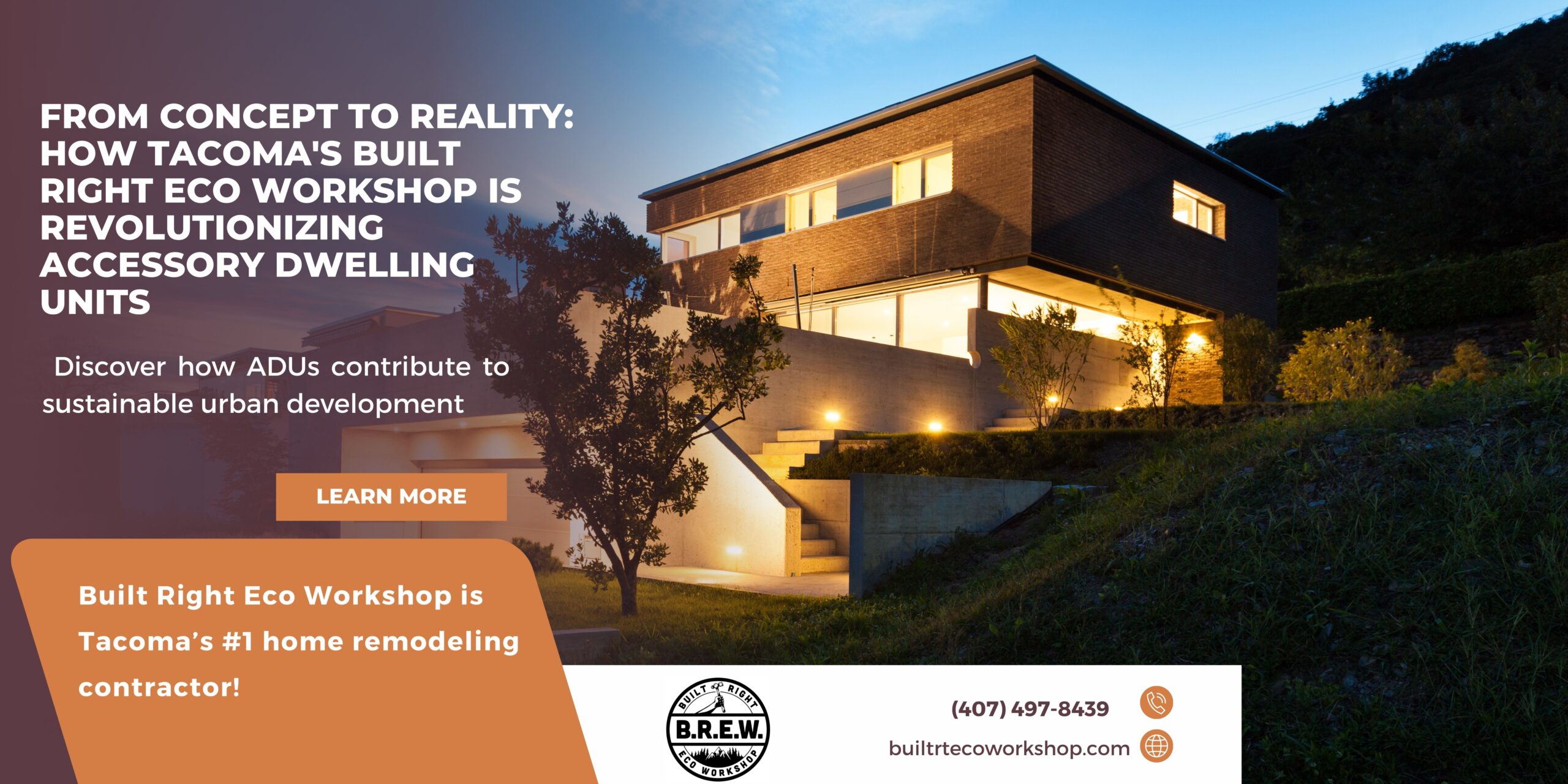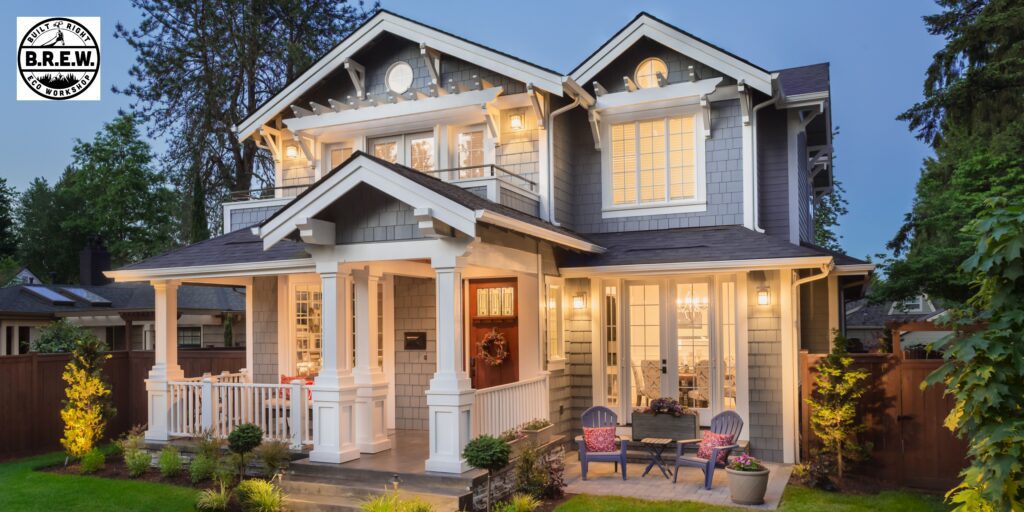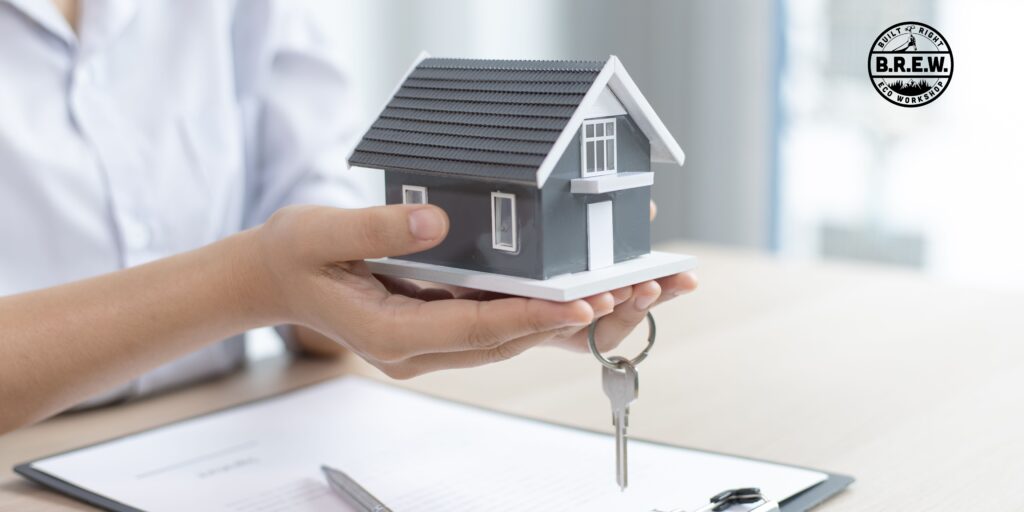
Understanding Accessory Dwelling Units: A Brief Overview
Accessory Dwelling Units (ADUs) are secondary housing structures on the same grounds as primary residences. Commonly known as granny flats, in-law units, or backyard cottages, ADUs are an innovative solution to urban housing shortages. They can be detached, attached, or a part of the main house but functionally independent. ADUs serve multiple purposes, from providing affordable housing options to accommodating extended families and generating rental income. Their smaller size and integrated nature make ADUs a key component in sustainable urban development, contributing to denser, more efficient land use without altering neighborhood character.
Tacoma's Housing Landscape: Why ADUs Are Gaining Popularity
Tacoma’s housing market, characterized by rising costs and limited inventory, is ripe for innovative solutions like Accessory Dwelling Units (ADUs). These factors have propelled ADUs to prominence:
- Affordability: ADUs offer affordable housing options in neighborhoods with escalating rent and property values.
- Flexibility: Homeowners can accommodate aging family members, house tenants for supplemental income, or provide live/work spaces.
- Density: ADUs contribute to increased density without altering neighborhood character, thus conserving the city’s aesthetic while addressing housing shortages.
- Regulatory Support: Tacoma has eased ADU regulations, encouraging their development as part of a broader strategy to expand the housing supply.
This combination of economic, social, and regulatory factors underscores why ADUs are becoming indispensable to Tacoma’s housing strategy.
Types of Accessory Dwelling Units Common in Tacoma
In Tacoma, the following types of Accessory Dwelling Units (ADUs) are prevalent:
- Detached ADUs: Freestanding structures, often situated in the backyard.
- Attached ADUs: These units share a wall with the primary home.
- Above-Garage ADUs: Units built above a garage, utilizing space efficiently.
- Basement ADUs: Often referred to as basement apartments, they maximize the use of existing lower levels.
- Conversion ADUs: Existing structures, like sheds or garages, are converted into living spaces.
Each type offers distinct benefits, catering to homeowner needs and urban planning goals.
Design Considerations for ADUs: Making the Most of Small Spaces
Accessory Dwelling Units (ADUs) present unique challenges due to their compact nature. Tacoma’s Built Right Eco Workshop addresses these challenges head-on with design strategies that enhance functionality and livability:
- Maximizing Vertical Space: Using high ceilings and loft areas for storage or sleeping spaces.
- Multi-purpose Furniture: Incorporating items like Murphy beds and convertible desks.
- Built-in Storage: Designing units with ample built-in cabinets and shelving.
- Natural Light: Prioritizing large windows and skylights to create an open, airy feel.
- Outdoor Connection: Adding small patios or balconies to extend living areas outward.
- Efficient Systems: Utilizing space-saving appliances and smart home technology.
- Aesthetic Cohesion: Selecting finishes and colors that create a sense of spaciousness.
Effective ADU design requires meticulous attention to detail, ensuring comfort and style are not compromised by the small footprint.

Legal Framework: Tacoma's Zoning and Regulations for ADUs
Tacoma’s commitment to sustainable living is reflected in its regulatory environment, specifically tailored to encourage the development of Accessory Dwelling Units (ADUs). The city’s zoning laws are designed flexibly, allowing ADUs in various residential zones. Regulations stipulate:
- Maximum size and height requirements to maintain neighborhood character
- Owner-occupancy provisions safeguard community integrity
- Design standards to ensure aesthetic harmony with existing structures
- Parking requirements tailored to minimize impact on street parking
- A streamlined permit process to facilitate ADU construction
These progressive policies have helped Tacoma’s Built Right Eco Workshop propel the ADU movement forward, ensuring environmental goals align with housing accessibility.
Navigating the Permit Process: Tips for Tacoma Residents
Tacoma residents embarking on building an Accessory Dwelling Unit (ADU) should heed these suggestions for a smoother permit process:
- Start Early: Research Tacoma’s zoning requirements and building codes well before your intended start date.
- Seek Guidance: Utilize Tacoma’s Built Right Eco Workshop resources to understand the nuanced steps of obtaining necessary permits.
- Gather Documentation: Compile all the required documentation, including detailed construction plans and property surveys, in advance.
- Professional Assistance: Consider hiring an experienced local contractor or architect familiar with Tacoma’s regulations to help navigate the permitting system.
- City Liaisons: Establish contact with city officials early in the process. They can provide invaluable advice and may help expedite your application.
- Allow Time for Review: Be prepared for the review process to take several weeks and plan accordingly in your project timeline.
- Stay Informed: Keep abreast of any changes in local laws or procedures that might affect your ADU plans.
By meticulously preparing and staying informed, Tacoma residents can ensure that the permit process supports, rather than hinders, the realization of their ADU projects.
Financing Your ADU Project: Grants, Loans, and Other Resources
Funding avenues are plentiful for Tacoma residents eager to build an Accessory Dwelling Unit (ADU) through the Built Right Eco Workshop. Homeowners can explore:
- Government Grants: Some federal, state, and local programs offer grants for ADUs to promote affordable housing.
- Construction Loans: Banks and credit unions provide loans specific to home construction, which can include ADU projects.
- Home Equity Lines of Credit (HELOCs): Leveraging equity in your existing home can be a flexible way to finance an ADU.
- Mortgage Refinancing: Refinancing your mortgage may free up additional funds for your ADU at lower interest rates.
- Peer-to-Peer Lending Platforms: These allow individuals to borrow money directly from investors.
- Local Initiatives: Tacoma may have local initiatives providing financial assistance or incentives for ADU construction.
Each financial resource comes with qualifications and terms, making it essential to research and choose the best fit for your project.

Future Trends: The Evolving Role of ADUs in Urban Development
Accessory Dwelling Units (ADUs) are gaining recognition as essential tools in urban development. As cities like Tacoma embrace innovative eco workshops like Built Right, ADUs are transitioning from alternative housing solutions to mainstream options. Future trends suggest that:
- Integration with Smart City Initiatives: As urban areas become smarter, ADUs will incorporate technology for energy efficiency and integrated urban planning.
- Affordable Housing Crisis Solutions: ADUs will address affordability, offering lower-cost options in high-cost urban centers.
- Sustainability Focus: The push for sustainable living will see ADUs designed with advanced eco-friendly materials and technologies.
- Flexible Urban Planning: Cities will adjust zoning laws to facilitate the construction of ADUs, reflecting their role in densification without compromising community aesthetics.
If you’re interested in learning more about Accessory Dwelling Units (ADUs) and how Tacoma’s Built Right Eco Workshop can help you with your ADU project, don’t hesitate to reach out! To get in touch with the team, visit their website and fill out the contact form or give them a call at (407) 497-8439. They’re ready to answer any questions you may have and help you make your ADU dreams a reality.
